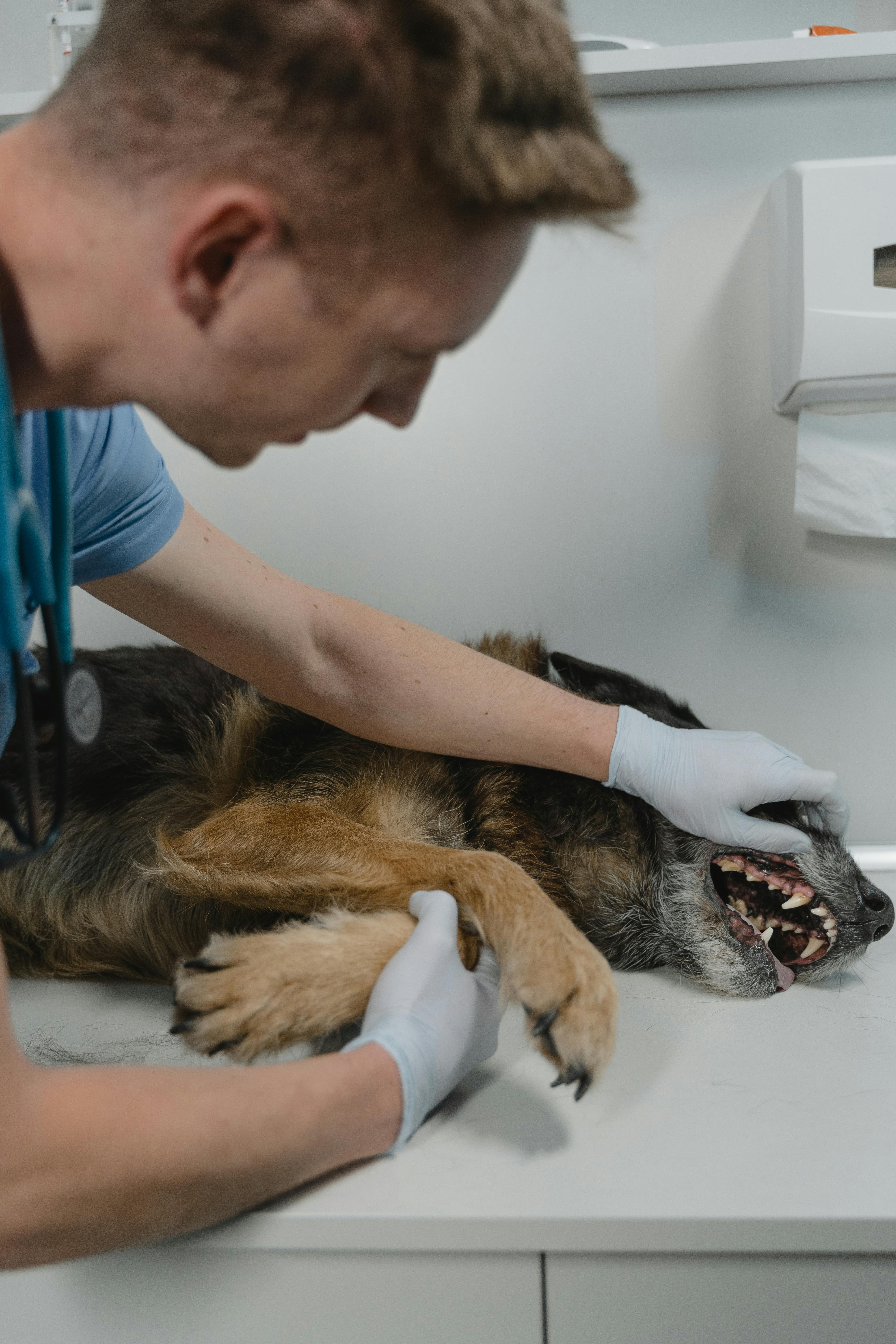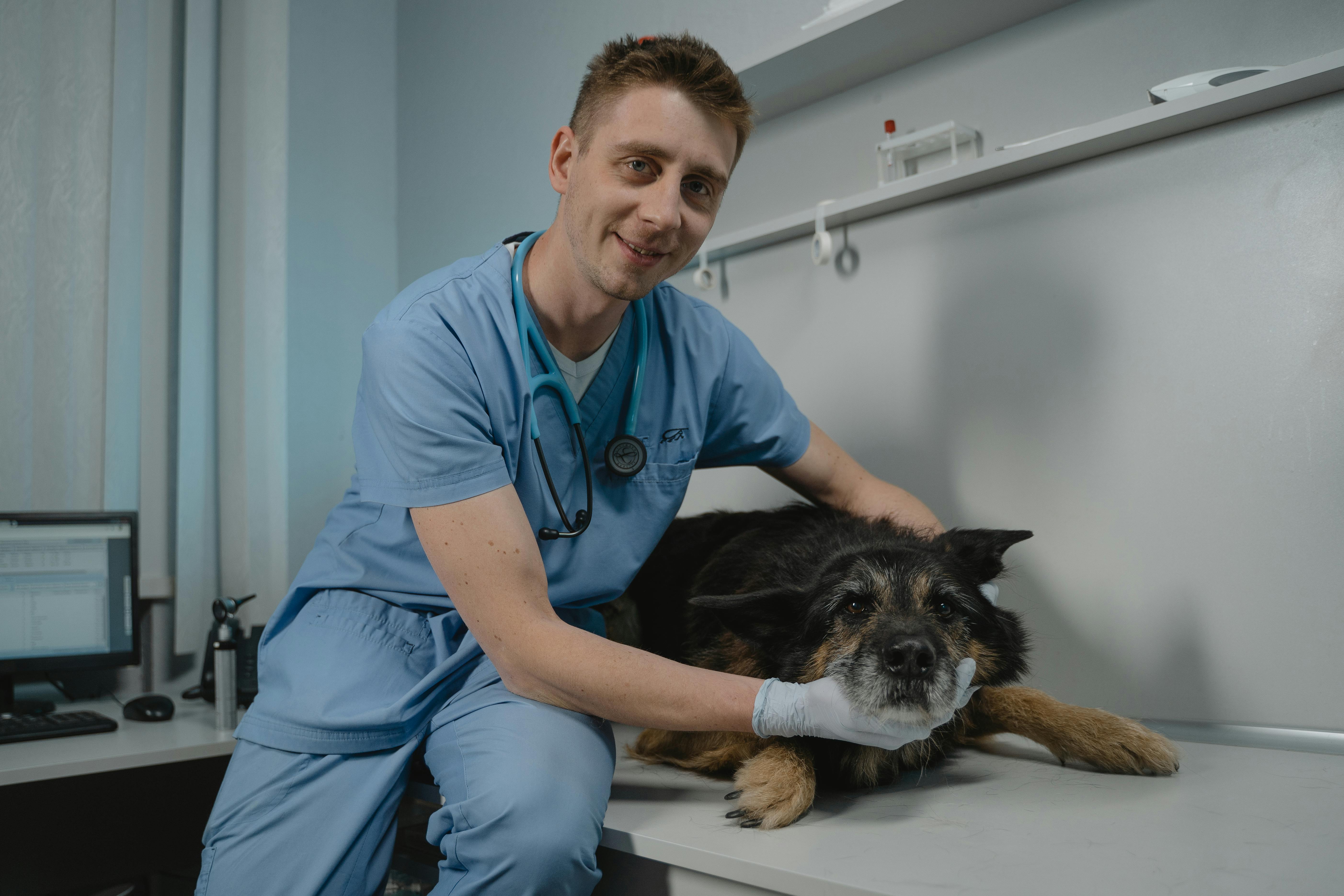Discover the Best Medical Podcasts for 2025
Podcasts have transformed the way we consume knowledge—especially in the medical field. With healthcare evolving faster than ever, staying updated with the best medical podcasts is no longer optional for professionals and curious learners alike. This guide dives into the top shows redefining how we learn, innovate, and connect in medicine.

Understanding the Fundamentals
Medical podcasts offer accessible, on-the-go learning that complements traditional education. From interviews with leading physicians to deep dives into current medical cases, podcasts serve as both a study aid and an inspiration. The best medical podcasts combine accuracy with storytelling to create engaging and informative content.
Historically, continuing medical education relied on journals and in-person events. Podcasts disrupted this, enabling on-demand access to cutting-edge content. This shift allows listeners to fit learning seamlessly into busy schedules, driving continuous growth and awareness.
1.1 The Role of Podcasts in Medical Education
Medical podcasts support learning by offering summaries of recent studies, clinical updates, and patient case reviews. For instance, podcasts like “Core IM” and “The Curbsiders” provide evidence-based discussions for internal medicine professionals. According to a 2023 study, 78% of healthcare professionals now use podcasts for ongoing learning.
Real-world applications include medical students using episodes as supplemental study tools, and practicing clinicians staying updated during commutes. A common misconception is that podcasts are only for passive listening—many shows actively encourage engagement through quizzes and reflective questions.
1.2 Diversity of Podcast Topics
Medical podcasts cover a broad spectrum—from emergency medicine and psychiatry to public health and ethics. This variety distinguishes them from static resources like textbooks. Shows such as “EMCrit” focus on critical care, while “Docs Outside the Box” explores physician entrepreneurship.
These options allow listeners to tailor learning to personal interests or career needs. Case examples include nurse practitioners following pediatrics podcasts or public health professionals subscribing to epidemiology-focused series.
Practical Implementation Guide
Knowing which medical podcasts to follow is just the start. Implementing them into your routine maximizes their benefits. Start small, set clear goals, and select formats that align with your learning preferences.

2.1 Actionable Steps
- Choose Your Focus: Identify key medical topics or specialties of interest like cardiology or infectious disease.
- Use Podcast Platforms: Download podcast apps such as Apple Podcasts, Spotify, or Overcast for easy access.
- Schedule Listening Time: Allocate 15–30 minutes daily during a commute or break for consistent exposure.
2.2 Overcoming Challenges
Common challenges include information overload, inconsistent quality, and lack of structure. Solutions include creating curated playlists, relying on peer recommendations, and using transcripts for note-taking.
Warning signs to watch for: outdated episodes, unverified medical claims, or a lack of expert guests. Expert tips include double-checking facts, using episodes as prompts for journal club discussions, and adjusting playback speed to match comprehension.
Advanced Applications
Once foundational listening is in place, explore how podcasts can elevate professional practice. Advanced techniques include integrating them into academic curricula or clinical team training. Progressing to these methods usually follows after 3-6 months of consistent listening.

3.1 Curriculum Integration
Universities are now embedding podcasts into their course syllabi. For instance, a 2024 pilot program at a major U.S. medical school saw 15% better retention rates when podcasts were used alongside lectures. These methods engage auditory learners and supplement complex topics with practical discussions.
3.2 Clinical Team Collaboration
Hospitals are leveraging medical podcasts in staff development programs. Weekly podcast clubs—similar to book clubs—are becoming common in ER departments and residency programs. These foster critical thinking and collaborative learning.
Future Outlook
The future of medical podcasts is bright. With artificial intelligence and augmented reality on the rise, podcast content will likely become even more interactive. Expect more multimedia integration, voice-assisted summaries, and personalized episode recommendations.
Over the next 3-5 years, healthcare institutions may begin offering CME credits via curated podcast playlists. To stay ahead, professionals should subscribe to evolving podcast networks and engage with hosts on social platforms for deeper connections.
Conclusion
In summary, the best medical podcasts provide accessible, high-quality education. They help listeners stay current, sharpen clinical reasoning, and expand their perspective beyond traditional texts. Key takeaways include their diversity, ease of use, and long-term value for continuous learning.
Now is the time to explore and subscribe to medical podcasts that match your interests. Whether you’re a student, physician, or health enthusiast—there’s a podcast that can elevate your knowledge. Start listening, learning, and leading in your field today.
Frequently Asked Questions
- Q: What are the best medical podcasts for beginners? Start with “Bedside Rounds” or “The Curbsiders” for accessible, expert-driven discussions that balance technical content with storytelling.
- Q: How do I begin integrating medical podcasts into my day? Begin by choosing one show and listening during your daily commute or workout. Build a habit gradually.
- Q: How much time do I need to commit weekly? Most podcasts range from 20 to 60 minutes. A realistic weekly time investment is 2–3 hours spread across several days.
- Q: Are these podcasts free? Yes, most are completely free. Some offer bonus content or CME credits through subscriptions, typically ranging from $5–$15/month.
- Q: How do podcasts compare to traditional CME? Podcasts offer more flexibility and variety, while CME tends to be more structured. A hybrid approach works best.
- Q: Are medical podcasts hard to understand without prior knowledge? Many podcasts are designed for all levels, with episodes clearly labeled for beginners, intermediates, or experts.
- Q: What are good podcasts for public health professionals? Consider “This Podcast Will Kill You” and “Public Health On Call,” which discuss epidemiology and health policy accessibly.
